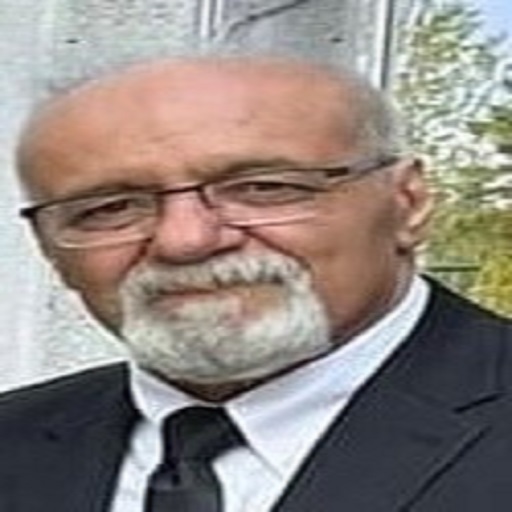Topics
Applied Physics: Lasers and Accelerators, Condensed Matter, Soft matter and materials science

Title: Brinkman’s and Generalized Brinkman’s Equations and Associated Viscosities
Abstract: Viscosity of a fluid changes in response to various factors atop which are changes in temperature and in pressure, the introduction of solids in the fluid, shear thinning, and the flow of a fluid in constrictions (such as flow in porous media) wherein the porous microstructure plays an important role. Einstein’s relative viscosity relation attests to changes in viscosity due to sedimentation and the introduction of solid particles (sphere) in the fluid. In addition, Brinkman’s equation was modelled with the view of an effective viscosity that accompanies the flow of a fluid through a porous sediment, while the generalized Brinkman’s equation focuses on the changes of viscosity due to variations in pressure. In this work we consider Brinkman’s equation and the generalized Brinkman’s equation in an attempt to shed some light on Brinkman’s effective viscosity, which arises due to the presence of the porous medium, and on the pressure-dependent viscosity that arises in the generalized Brinkman’s equation. Effective viscosity in Brinkman’s equation refers to the viscosity of a Newtonian fluid that yields the same shear stress at the same shear rate. While this is usually investigated, and quantified in terms of porosity of the porous medium, we investigate in this work the influence of permeability to the fluid on viscosity changes in light of the fact that a flowing fluid, and the definition of its shear stress in terms of velocity, are related to permeability by virtue of the fact that fluid velocity depends in part on the permeability.
Bio: Dr. M. H. Hamdan received an Ordinary National Diploma in Technology-Engineering from Swindon College, U.K.; a Certificate in Negotiation, Mediation and Conflict Resolution from St. Mary’s University, Canada; a B.Sc, M.Sc., and a Ph.D in Applied Mathematics from the University of Windsor, Canada. He taught at a number of universities both as a regular faculty member and as a visiting professor, in Canada, China and the Middle East. He has been teaching at the University of New Brunswick, Canada, for 34 years, and is a previous Chair of the Department of Mathematics, Statistics and Computer Science. His teachable areas span the areas of Mathematics, Fluid Mechanics, Decision Sciences and Management Science, Mathematical Economics, and Negotiations. His research areas include computational fluid dynamics, single-phase flow through porous media, and modeling dusty gas flow through porous media. He is an International Consultant in Science and Technology Planning and in School Mathematics Curricular Development. He is the recipient of a number of teaching and research awards, and is listed among American Men and Women of Science; Who’s Who in Science and Engineering; and Who’s Who in the World.
Applied Physics: Lasers and Accelerators, Condensed Matter, Soft matter and materials science
Organizing Committee will send each paper to 3 independent reviewers, experts in the area of the paper. So, each paper will be evaluated by three independent experts according to the following Criteria...
Registration Fees...
The Proceedings of APSAC will be published by...
The Conference will be held in the...
The Proceedings of APSAC will be published by...
Check our Special Sessions here
Call for Sessions, Workshops, Minisymposia
We encourage you to participate in our conference with a Session,
Symposium, or Workshop. There are several benefits for the organizers:
1. A Honorarium for the Special Issue organizer (i.e. Guest Editor) provided that his Special Issue will collect a minimum of 5 registered papers He can use this Honorarium to travel to the conference!
2. Successful Special Session organizers will be included in the Steering Committee of the conference of the next year.
3. Successful Special Session organizers will receive a volume in Hard Copy of the Proceedings of our previous conferences.
4. Successful Special Session organizers will receive a Certificate for the organization of their Special Session by the General Chairman.
5. Successful Session organizers will be elevated to Plenary Speakers for our conference of the necxt year.
6. Their sessions and their names will appear on the web.
If the authors have already uploaded the same papers independently via the web, then, these papers cannot be considered for your Special Session, Workshop, Minisymposium.
Send us the Title / Organizer / Aim / Topics for your Special Session
by email: apsac.conference@gmail.com like these examples
Copyright © - All Rights Reserved - APSAC